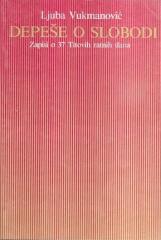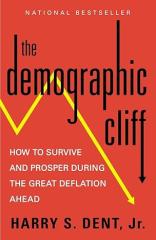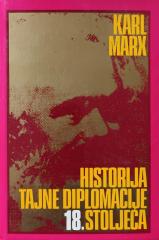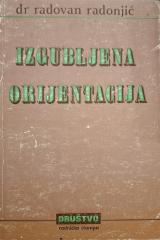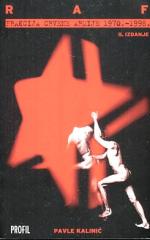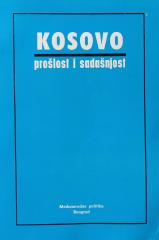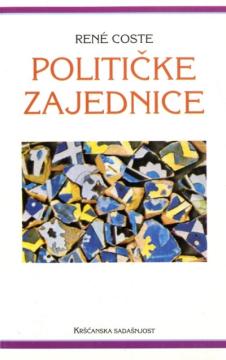
Političke zajednice
It is not my intention to write a work from political science (political science), law or sociology, and especially not from the field of political morality, based only on rational criteria - which could be accepted by any person of good will.
It is also not my intention to be satisfied with the convergence of all these disciplines into one synthesis, as balanced and rich as possible. We will refer, of course, to all these disciplines, to history, to geography, to economics, to psychology. In doing so, we will use all the city they can provide us, but with only one goal: to provide an outline of the theology of the political realm, or, rather, an outline of the moral theology of political life, or, more precisely, a theological reflection on the political phenomenon. Would it not be an overly ambitious goal, an illusion, even blasphemy to try to discover, beyond deceptive deification, God's point of view on individual and collective behavior, which seems to concern only the earthly stage of humanity and only on a natural level? After all, how could poor creatures or even dare to penetrate into the impenetrable plans of the Creator (Rom 11:33-36; Ps 139:6 + 17-18; Is 40:13; Job 41:3)?2 If God Himself had not spoke to people, we should, no doubt, recoil from these remarks.
One copy is available
- Slight damage to the cover
